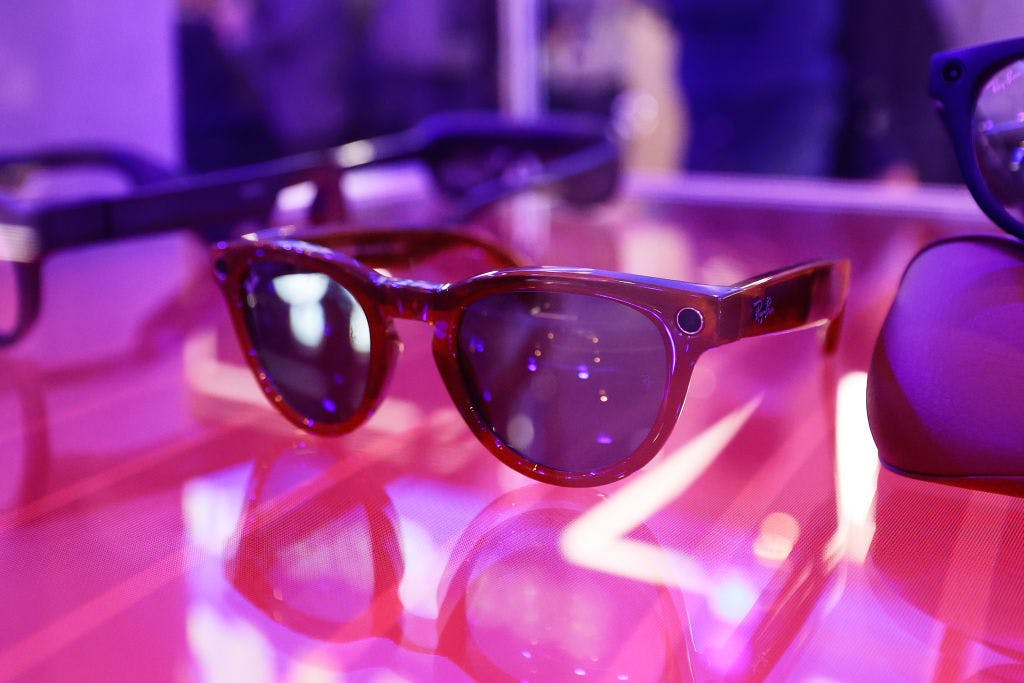Will Meta’s latest collab with Ray-Ban finally bring smart glasses into the mainstream?
No — because they will cost at least $1,000.
For years, tech companies have been trying to sell us on the idea of putting technology into stuff to put on our face. But historically, the hype for products like smart glasses has been short-lived.
First came Google, with its “Glass” product proving all the way back in 2012 that people mostly wanted glasses to help them see. Then came the small spark of Snapchat’s Spectacles, a product whose first iteration ended up costing the company millions but since evolved into one that a tech reviewer called “amazing. And extremely goofy.” More recently, we’ve had efforts from Apple and Meta.
Apple’s take on the concept has been more about full immersion. But demand for its bulky VR/AR $3,500 Vision Pro has been disappointing, with unconfirmed reports in January that the company may not have just slowed but actually entirely ceased production of its headset.
Despite a litany of cautionary tales before it, Meta’s boss, Mark Zuckerberg, isn’t giving up on the category just yet, with the social media giant on track to introduce a deluxe version of its popular Ray-Ban Meta Glasses, per Bloomberg. With a price point expected to be north of $1,000 and the ability to run apps, display photos, and control the device using hand gestures, the glasses are designed to build on the modest success of Meta’s cheaper Ray-Ban glasses, which reportedly sold over a million units last year.
For now, Meta’s glasses business is still a cash drain for the company, with the company’s total losses from its VR and AR business topping more than $60 billion since 2020.
